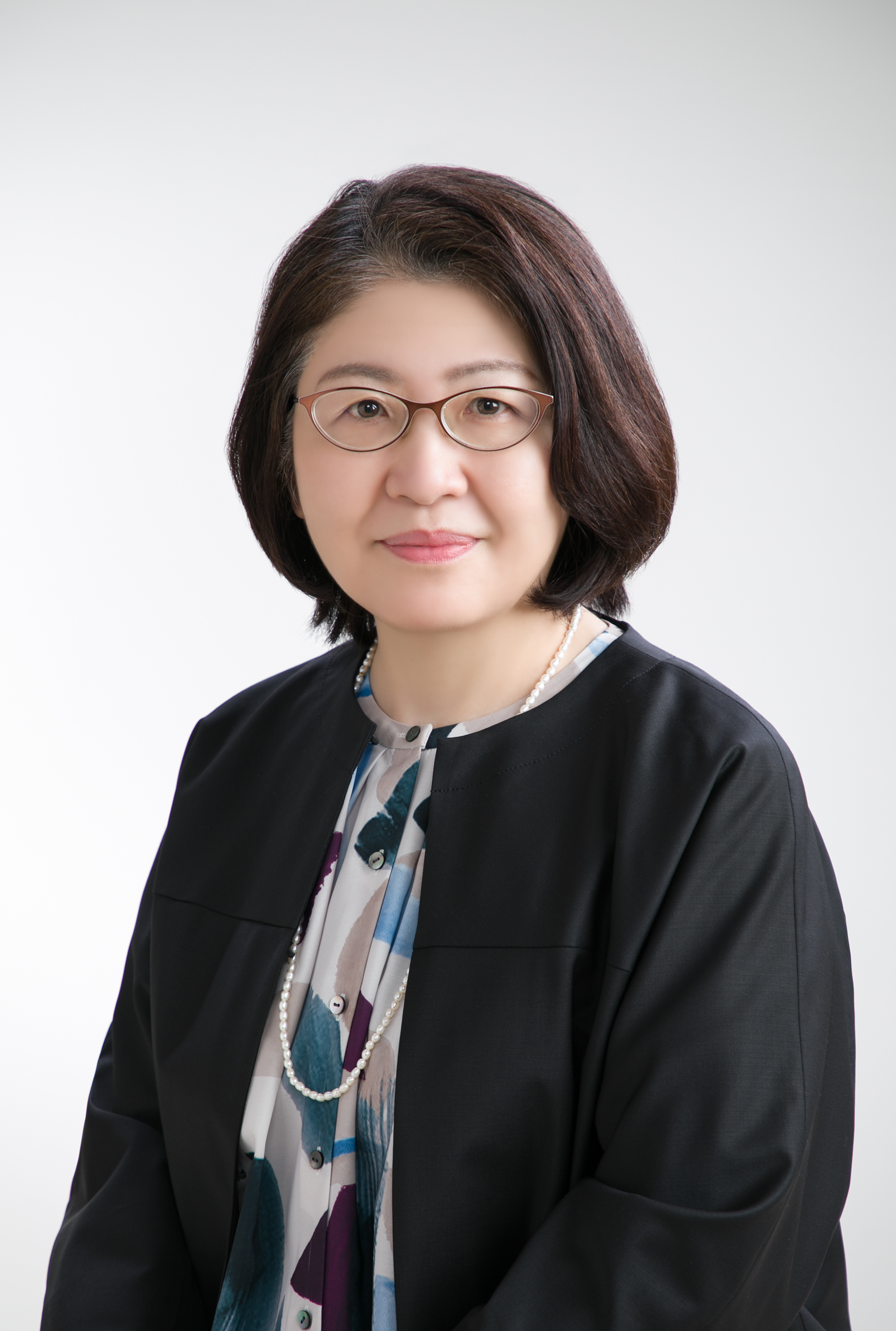Statement
The School of Education aims to train people who can tackle a variety of challenges in school education proactively and with great expertise.
In the School of Education, we have two courses. The Primary Education Course trains teachers for elementary schools, special education schools and kindergartens. The Secondary Education Course trains teachers for middle schools and high schools. Each of the two courses aims to help teaches learners cross-disciplinarily and systematically gain expertise in their subject or field, deepen their expert understanding of how learners grow and study, and contribute broadly to the development of society by cultivating teachers with the skills to work together with the community.
Message from the dean|Overview of the School of Education

Masako SHIBUYA
Dean of the School of Education
Raising children means raising people who will create a new era and open up the future. Being involved in education means creating the most important foundation that supports the development of a sustainable society. In today’s society, where immediate visible results are expected and values are often forced to be judged based solely on immediate phenomena, educators are required to have the perspective to see the future blossoming and bearing fruit many years from now. Sho. On the other hand, this also means that it is essential to grasp the essence of the changing demands of the times, to not be satisfied with existing frameworks, and to always flexibly open our thinking and sensibilities. I think that the core and appeal of the job of a teacher is to always maintain a youthful spirit, and to be able to maintain it.
Our Faculty of Education has a history of more than 70 years, since its inauguration in 1949 at the former University of Fukui, and has consistently produced many talented people, including school teachers, for the local community. In April 2016, we launched a new Faculty of Education consisting of an “Elementary Education Course” and a “Secondary Education Course,” aiming to train high-quality teachers with a high level of expertise in elementary schools, each subject, and field, as well as practical skills in the educational field. It is working. A broad cross-curricular perspective, organizational and practical skills for independent and collaborative learning, specialized understanding and practical skills regarding special needs education, practical teaching skills using ICT, and promoting collaboration between local communities and schools. We have created a curriculum that focuses on developing the ability to tackle and solve the various issues that are needed today.
Based on these achievements, we were selected by the Ministry of Education, Culture, Sports, Science and Technology as a “flagship university for teacher training” in 2022, and will play a role as a driving force in transforming the way teacher training is conducted. In collaboration with our university’s United Graduate School of Teacher Education, we are developing a rich field of child-centered learning, while looking ahead to the nine years of compulsory education and providing teachers who can embody a change in the way we view learning and teaching. We are currently in the process of reforming the curriculum to make it deeper and more practical, with the aim of developing teachers who can open up the diversity of education in collaboration with related parties.
In addition, the kindergartens, compulsory education schools, and special needs schools affiliated with this faculty serve as places for research and development that respond to these new educational issues, and as bases for teacher training, local teacher education, and training, in collaboration with the faculty and the United Graduate School of Teacher Education. We are developing many ambitious educational practices.
Although our faculty is compact in scale among teacher training faculties in Japan, we have a system in which you can obtain licenses for elementary school, 10 middle and high school subjects, special needs schools, and kindergartens, and we have a curriculum that realizes a back-and-forth between various theories of the teaching profession and practice. We are prepared. The school is characterized by close contact between students and faculty, and detailed guidance. All faculty and staff work together to support those who aspire to take on the role of new schools and education that will shape the future of our school, so that they can grow while working on various issues with their many colleagues at our faculty. Let’s work together to unlock the future of our children and our own potential.
Masako SHIBUYA
Dean of the School of Education

